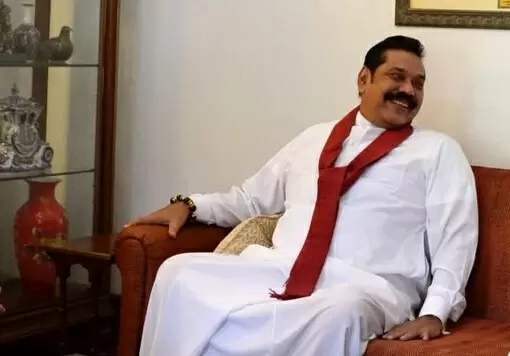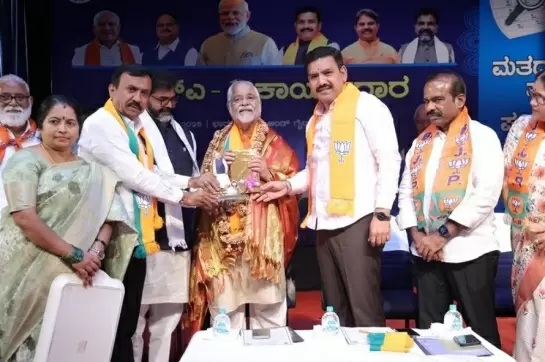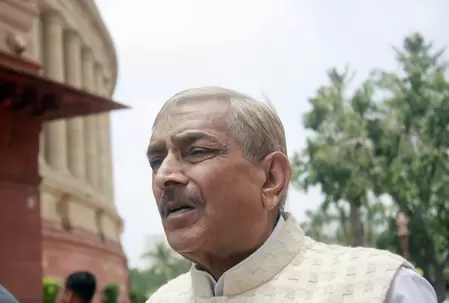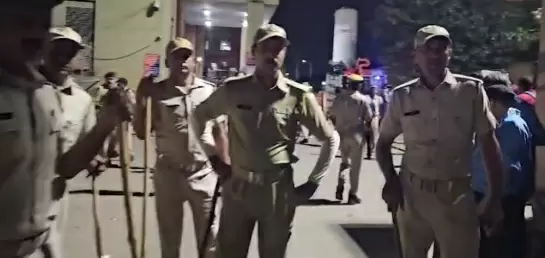India saves Sri Lanka again, but it can't stop Eelam
06-March-2014

Thanks to pussyfooting by India, the US-UK resolution on Sri Lanka at the 25th session of the UN Human Rights Council in Geneva gives President Mahinda Rajapaksa impunity for another year.
According to last year’s resolution, he was to conduct an independent and credible investigation into allegations of violations of international human rights and international humanitarian law. He has done nothing of that sort as confirmed by the UN High Commissioner for Human Rights, Navanethem Pillay, in her advance written report to the Geneva conference.
 |
|
Rajapaksa used the good office of Prime Minister Manmohan Singh to water down the US-UK resolution (Photo: Indian Photo Agency)
|
She said the Sri Lankan mechanisms had consistently failed to establish the truth and achieve justice. Her report also highlighted “extrajudicial killings, abductions and enforced disappearances in the past year” and emphasised the urgency of UN involvement to combat impunity.
Colombo’s response was one of stonewalling and denial. Pillay has recommended an international inquiry mechanism to investigate the alleged violations and said her office was ready to assist in such a process. The USA, UK and the European Union were supportive of Pillay’s recommendations and expected to bring forward a resolution incorporating them.
Rajapaksa cleverly used the good office of Prime Minister Manmohan Singh to water down the US-UK resolution by including a reference to the 13th amendment and political reconciliation with the Northern Political Council and its Chief Minister Wigneswaran, and devolution of power to the Northern and the Eastern Provinces, which he has no intention of implementing, and give an impression that India is the champion of the Sri Lankan Tamil cause.
The British Tamil Forum, voice of the Sri Lankan Tamil Diaspora, has described the US-UK draft resolution as a slap on the face of the long suffering victims at the UNHRC.
By asking the Sri Lankan government to conduct its own “independent and credible investigation,” the UNHRC has made the Rajapaksa government, perpetrators of the atrocities against the ethnic minority, the judge and jury in its own crimes in a country where the rule of law has been badly compromised as seen by the way its Chief Justice was thrown out. Such an investigation will have no credibility.
While India can take credit for forcing Colombo to hold election to the Northern Provincial Council, it failed to ensure devolution of power. Militarisation of the Province is total with more than 150,000 troops stationed there in newly created cantonments. State-sponsored colonisation of Sinhalese is in full swing to change its demography and a military man presides over the administration as Governor in spite of having a popularly elected Chief Minister.
In the current situation, the growing demand from political parties in Tamil Nadu to move the UN for holding a referendum for carving out a separate State of Tamil Eelam appears to be the only hope for the Tamils. Political compulsions, if not any other considerations, would change India’s position on Sri Lanka sooner rather than later.
Actor Jayaram Responds to Viral Video Linking Him to Sabarimala Gold-Plating Controversy
Music Composer Amaal Mallik Talks About Lost Love, Depression and Drive to Succeed
Two Dead, Over 100 Injured in Traditional Stick Fight at Andhra’s Devaragattu Banni Utsav
Heavy Rain, Orange Alert in Coastal Andhra as Depression Intensifies
Mohan Bhagwat Urges Swadeshi, Cautions on Foreign Investment in Low-Tech Sectors









